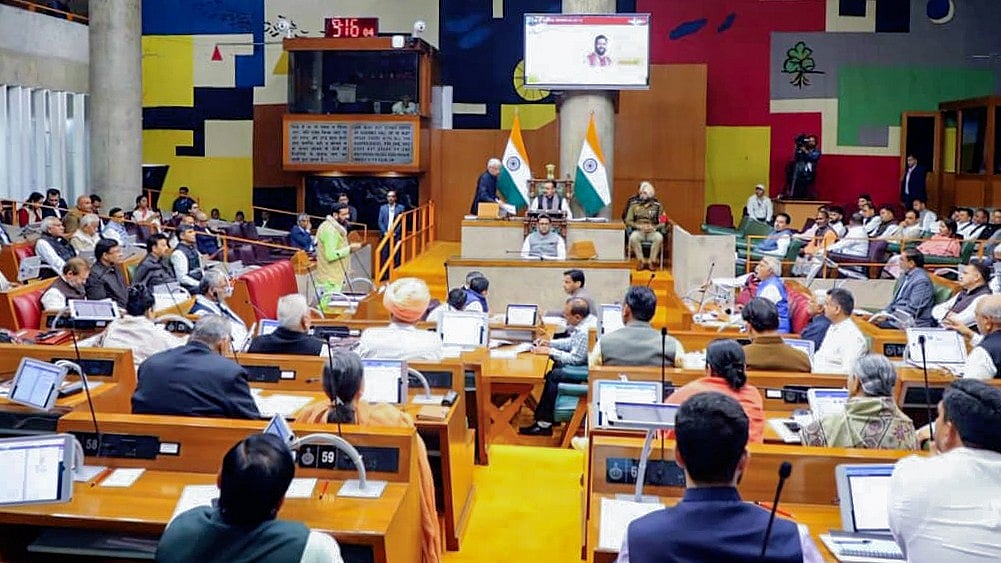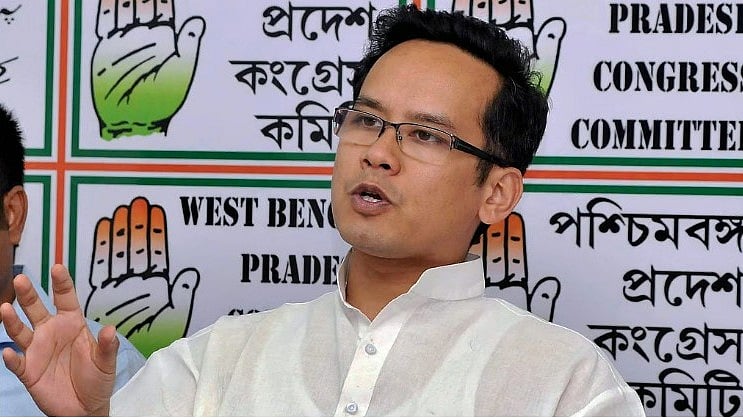The recent passage of the Women's Bill in both Houses of Parliament was a historic moment, signifying a significant step towards gender equality and empowerment in India. However, the subsequent remarks made by Prime Minister Narendra Modi during a public rally in Bhopal have sparked a heated debate regarding the intentions of the ruling BJP and their political manoeuvres leading up to the 2024 elections. Modi claimed that the Opposition had no choice but to support the Bill, insinuating that they had no genuine interest in its implementation. This assertion does not reflect reality. In the Lok Sabha, the Bill received unprecedented support, with only two members opposing it. It is evident that the Opposition was fully prepared to see the Bill implemented immediately, prioritising the welfare of women over political gains.
However, scepticism arises when we consider the BJP's eagerness to leverage the Women's Bill in the forthcoming 2024 elections. It is apparent that the ruling party aims to capitalise on the positive image associated with the Bill to secure votes. This political opportunism raises questions about their commitment to gender equality beyond the electoral arena. The party even concedes that the realisation of reservations for women might materialise only in the 2029 elections, further highlighting their strategic agenda.
Modi's accusations against the Congress, labelling them as “urban naxals”, reflect a divisive rhetoric that does not contribute to constructive political discourse. Comparing the Congress to “urban naxals” is a low blow and does not uphold the decorum expected of the prime minister’s office. Moreover, his remarks about Madhya Pradesh's first-time voters and the taste of Congress rule omit crucial context. In the previous election, the BJP lost to the Congress, and the Congress formed a government. The BJP's subsequent formation of a government through mass defections raises questions about the legitimacy of their rule.
As the upcoming Assembly elections loom, the BJP's decision to field six serving Parliament members, including three Union ministers, indicates a level of panic within the party. The anti-incumbency factor poses a significant challenge to retaining the state. Modi's words of bravery should be matched by actions of bravery in addressing the concerns and expectations of the electorate. The BJP's political strategies and Modi's choice of rhetoric deserve scrutiny. A mature and constructive political discourse is essential for the democratic fabric of India, ensuring that the nation progresses towards genuine gender equality and responsive governance.





